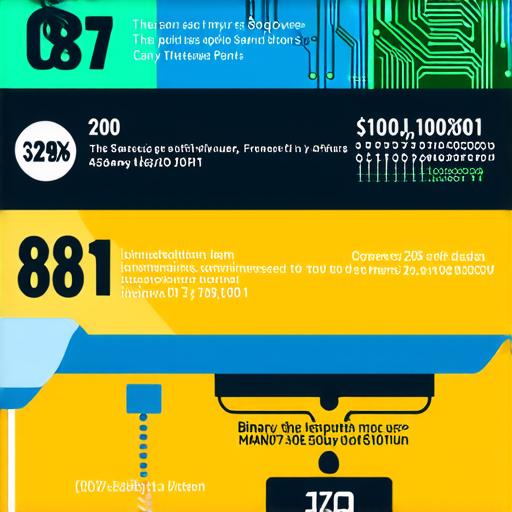Introduction
As technology continues to evolve and become more integrated into our daily lives, questions about the patentability of software have become increasingly prevalent. Software is often seen as intangible and not easily protectable, but this perception has changed in recent years. In this article, we will explore the topic of software patents and examine both the arguments for and against their validity.
The Case for Software Patents
One of the main arguments in favor of software patents is that they provide an incentive for innovation. By granting inventors exclusive rights to use and profit from their inventions, software patents encourage individuals and companies to invest time and resources into research and development. This, in turn, leads to new technologies and improvements in existing ones, ultimately benefiting society as a whole.
Another argument for software patents is that they provide a legal framework for protecting intellectual property rights. Without software patents, it would be difficult for inventors to prevent others from using or profiting from their creations. This could lead to widespread piracy and undermine the very foundation of innovation.
The Case Against Software Patents
Despite these arguments, there are also those who believe that software should not be patentable. One of the main reasons for this is that software is intangible, making it difficult to enforce patent laws. Unlike physical inventions, which can be easily identified and protected, software is often copied and distributed without permission.
Another argument against software patents is that they stifle innovation. By granting exclusive rights to use and profit from an invention, software patents can make it more difficult for others to build upon or improve upon existing technologies. This can lead to a lack of progress in the industry as a whole.
Real-Life Examples
To better understand the issue of software patents, let us examine some real-life examples. In 1986, the U.S. Supreme Court case "Diamond v. Diebold" established that computer programs could be considered patentable. Since then, there have been numerous cases involving software patents, including the high-profile legal battle between Apple and Samsung in 2012 over smartphone technology.
The Case of Apple vs Samsung
In this case, Samsung was found to have infringed on several of Apple’s patents related to touch screen technology. The ruling in favor of Apple highlighted the importance of software patents in protecting intellectual property rights and ensuring that inventors are fairly compensated for their contributions to the industry.

The Case of Oracle vs Google
Another notable case involving software patents is the ongoing legal battle between Oracle and Google over Android technology. In this case, Oracle has accused Google of infringing on several of its patents related to Java programming language. The outcome of this case will have significant implications for the future of software patent law.
The Impact of Software Patents on the Industry
While software patents have their benefits, they also have the potential to negatively impact the industry as a whole. By granting exclusive rights to use and profit from an invention, software patents can make it more difficult for others to build upon or improve upon existing technologies. This can lead to a lack of progress in the industry as a whole and stifle innovation.
On the other hand, software patents can also encourage innovation by providing incentives for individuals and companies to invest time and resources into research and development. Without software patents, it would be difficult for inventors to profit from their creations, which could lead to a lack of investment in new technologies.
Summary
In conclusion, the issue of software patents is complex and multifaceted. While there are arguments both for and against their validity, the impact they have on the industry as a whole is ultimately subject to debate. As technology continues to evolve